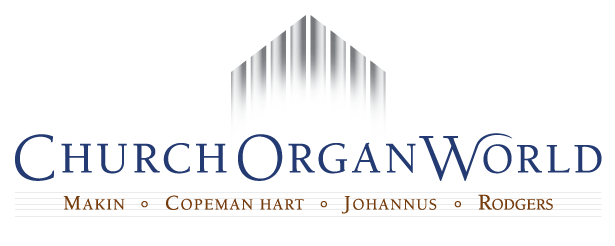Brand New Digital Organs, Rebuilds & Hybrids
Simply the best, there are no better digital church organs than those produced by Copeman Hart, Johannus, Makin and Rodgers with a wide range of instruments in many styles available for home or church use.
In the UK, ChurchOrganWorld sell Copeman Hart and Makin instruments which are market leaders with the true English Organ sound. Johannus provide us with a wide range of available models for the important French, German and Dutch organ schools with some models having a significant American slant to them. Rodgers provide the true and fully authentic American sound.
In addition to new instruments, please read on for information about organ rebuild options and for hybrid instruments.
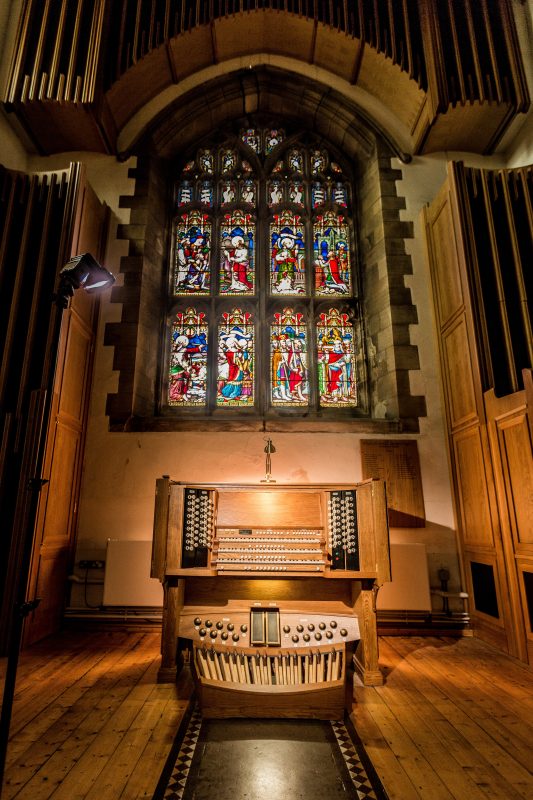
Copeman Hart
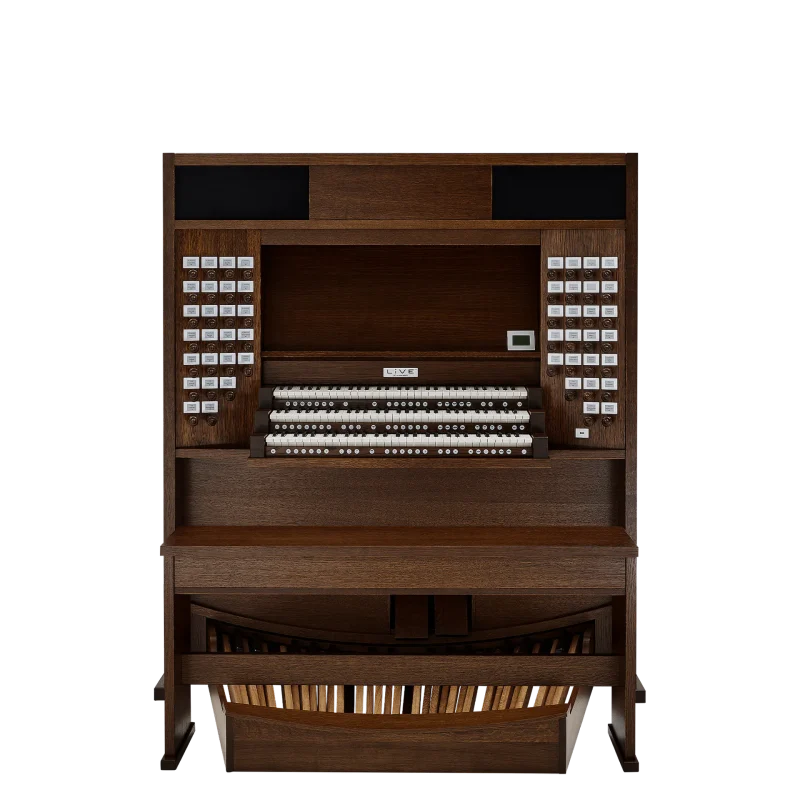
Johannus
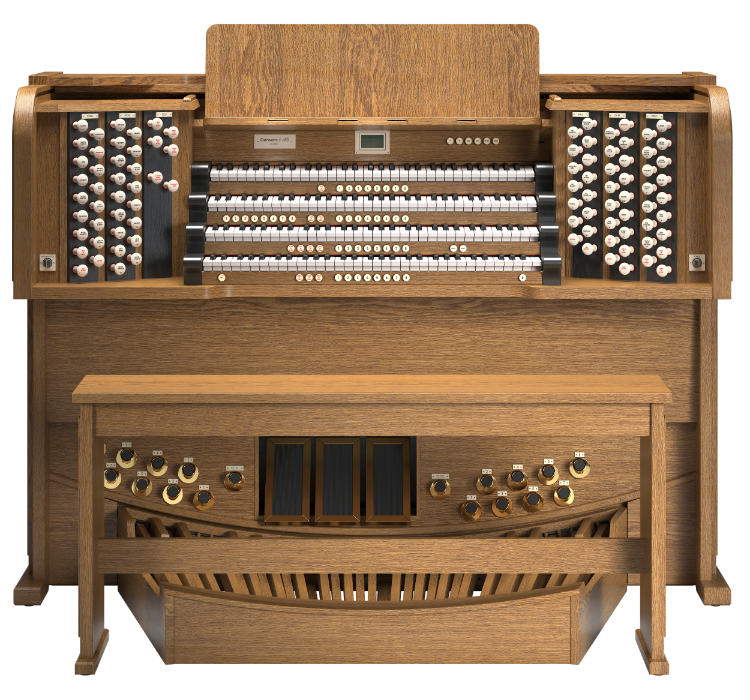
Makin
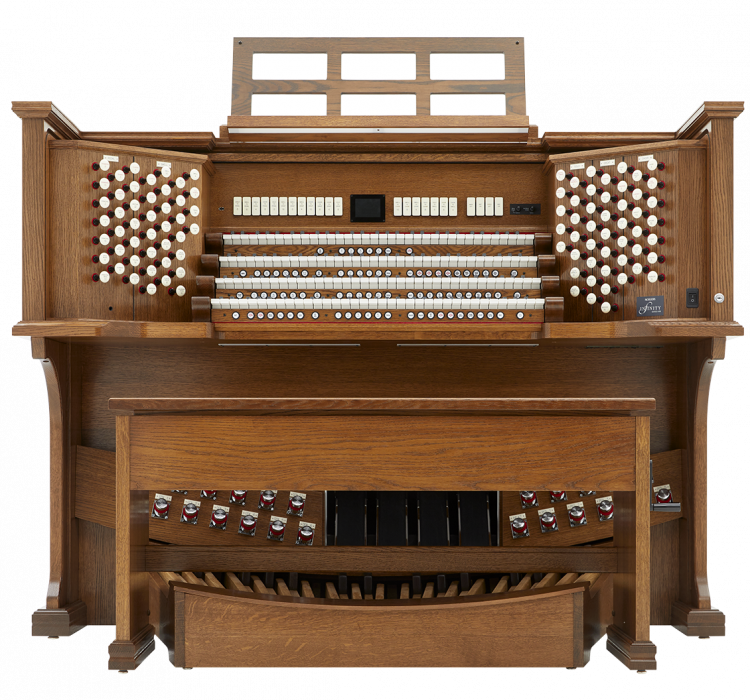
Rodgers

Organ Rebuilds
- the finest-quality and most realistic organ digital organ sound available, sampled from world-renowned pipe organs in extraordinary resolution; you are listening to actual pipe organs rather than artificial computer-generated wave forms
- a new high-quality speaker system with a matching amplification system for optimum sound reproduction and delivery
- organs designed and voiced in conjunction with Professor Ian Tracey, organist at Liverpool Cathedral since 1980
- assistance for the organist from state-of the art console features
- no tuning costs, ever
- the potential for connecting a recording unit (Sequencer) and other MIDI devices
- first class after-sales support, usually with your own dedicated service engineer, from our own in-house team
- peace-of mind of a new full ten-year guarantee on both parts and labour
- total replacement of the computer and amplification systems
- replacement of the keyboards and thumb piston rails (re-use is in some cases desirable and possible)
- modification of the panel beneath the music desk
- refurbishment of the existing pedalboard
- replacement of stop jamb panels as required by the new specification
- re-use of current stop solenoids where possible, or optional solenoid upgrades at additional cost
- addition of new solenoids if extra stops and octave couplers are added
- all stop heads are re-engraved
- addition of new toe pistons as required
- a completely new multi-channel speaker system installed within the existing enclosures

Hybrid Instruments
- London St Mary Hayes,: Makin technology with D & P Organs
- Highworth, St Michael: Rodgers technology with Modular Pipe Organ Systems Ltd
- London, St Mary Islington: Makin technology with Modular Pipe Organ Systems Ltd
- We need a new console for our pipe organ. You have a good pipe organ, but the console now needs replacing, as the keyboards or stop controls no longer function properly.
- We need extra stops for our pipe organ. You own a good pipe organ, but additional stops would be useful. However, either cost precludes this or your organ chamber does not have space for extra organ pipes.
